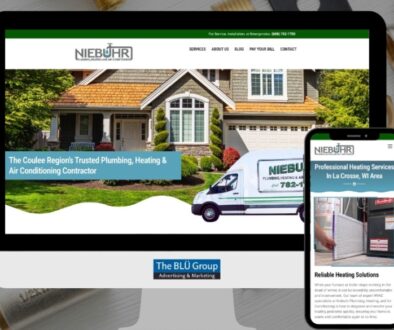All Brands Are Publishers, Learn How to Be a Good One
It’s illuminating to remember that five years ago, Twitter was three months old, and Facebook had just opened to non-students. Neither company had a business model. Oh, and Digg was considered the pre-eminent social news service.
Over the next half-decade, of course, Twitter and Facebook have become huge forces, driving the rise of what I then called “conversational media” as opposed to “packaged-goods media,” where marketers just send a message to consumers.
I laid out five “golden rules” of this new media in several blog posts, and over the years, I’ve come to believe that it comes in two distinct flavors: independent and dependent.
“Dependent web” platforms such as Twitter, Facebook, Google and Yahoo are where people go to discover and share new content. Independent sites are the millions of blogs, community and service sites where passionate individuals “hang out” with like-minded folks. This is where shared content is often created.
Marketers need to play in both spheres to effectively build their brands. They need to get past a one-size-fits-all approach to media — the web ain’t TV. Dictating a message to your audience is no longer acceptable. Consumers online expect dialogue, so pairing your brand with relevant and passion-driven topics is one of the best ways to ensure that you are engaged with key audiences.
Take L’Oreal, for example (an FM client), which is partnering with the independent web to create great content for its Makeup.com site while building an audience for that content through channels including Facebook, Twitter and Tumblr. This combined approach is essential, because while it’s easier than ever for a brand to be a publisher, there has to be a both great content and great publishing practices for a marketing campaign to build audience.
This leads to my sixth and latest Golden Rule of Conversational Media, which I have elevated to stand with the original five from 2006: All brands are publishers.
Given that brands are all about voice, meaning, values and point of view, having the skills of a conversational publisher is critical to success. It’s not enough to buy engagement ads, have a Facebook page, or man a Twitter handle. You also need to add value to the independent web, so you have things to share on those dependent web services and platforms.
There are many ways to ensure that brands are deeply involved in the conversations that matter. My advice here is simple:
- Choose media partners who are native to the conversational web, understand a marketer’s needs, and have a track record of scale, quality, safety, engagement and proven ROI.
- Work with those partners to figure out what you want to say, how you’ll say it and who’s listening. Change and adapt that approach as you learn what works, and as your marketing goals and messages evolve. Sites such as American Express’ Open Forum, for example, have a high percentage of return visitors because they are built as ongoing services with new and useful content every day.
Of course, for brands to be effective, they also need to ensure that they continue to follow the first five Golden Rules of publishing.
- Conversation over dictation. Instead of delivering a message to consumers, have a discussion with them. Join and start conversations.
- Platform over distribution. What matters is how you use a platform to create effective interaction with customers.
- Service over product. In conversation marketing, you’re providing a service, a continuing dialogue whose course through the Web is unknown. The more value it adds to the ecosystem, the more it will be shared, amplified and celebrated.
- Iteration over perfection. Good first drafts and speedy responses to consumer dialog will always trump lawyered corporate speak.
- Engagement over consumption. Simple consumption isn’t very interesting — what’s important is the context of that consumption, and action taken afterwards (liking, retweeting, sharing, linking, clicking). Become a trusted daily companion, not a once-a-year-during-the-Super-Bowl visitor.
John Battelle, founder and chairman of Federated Media



